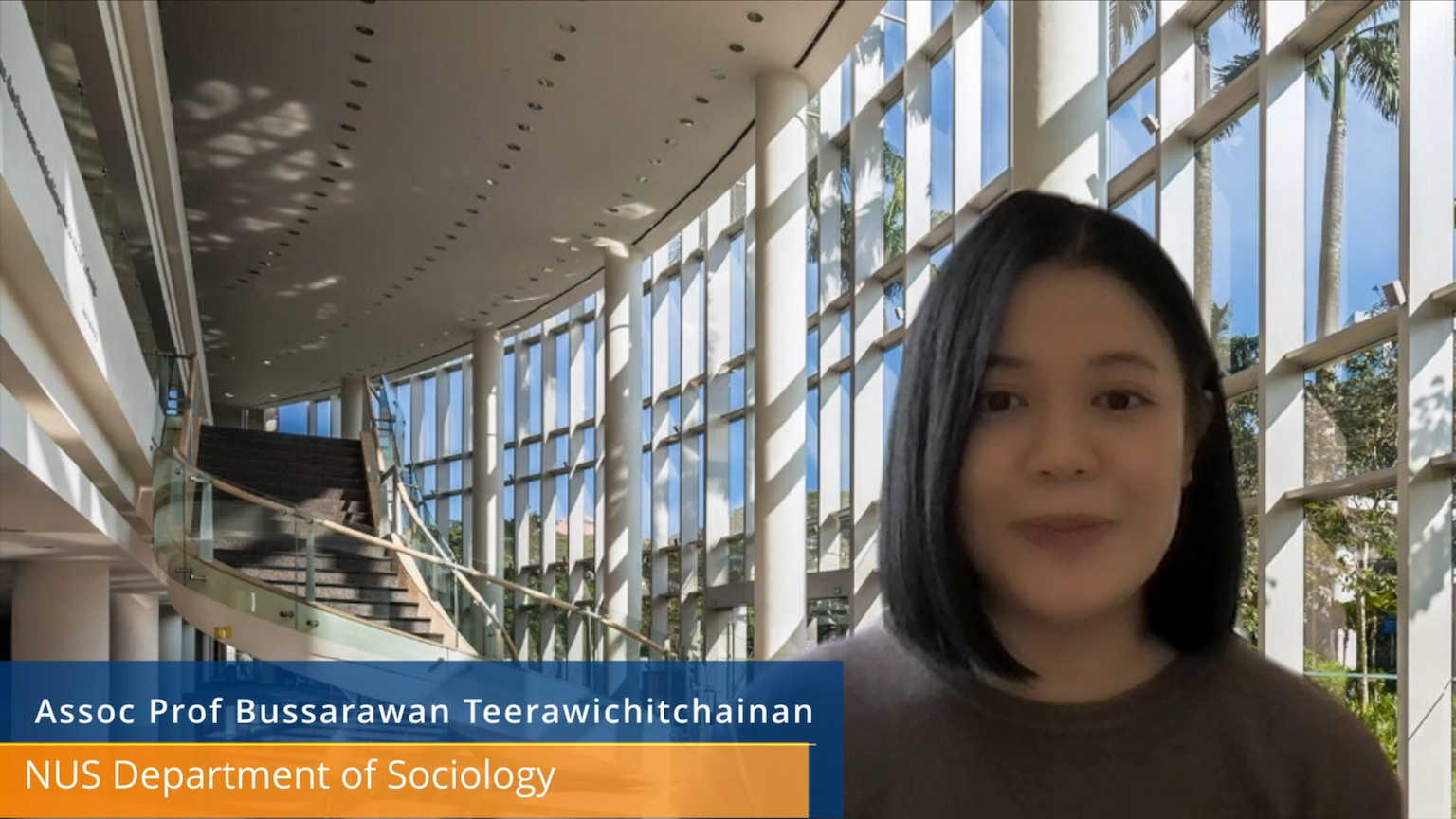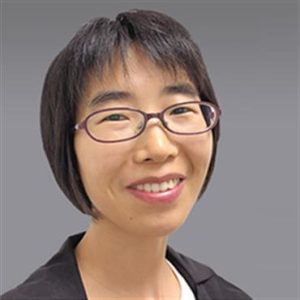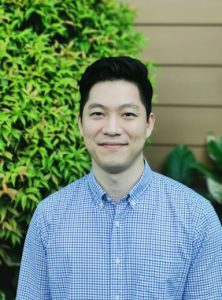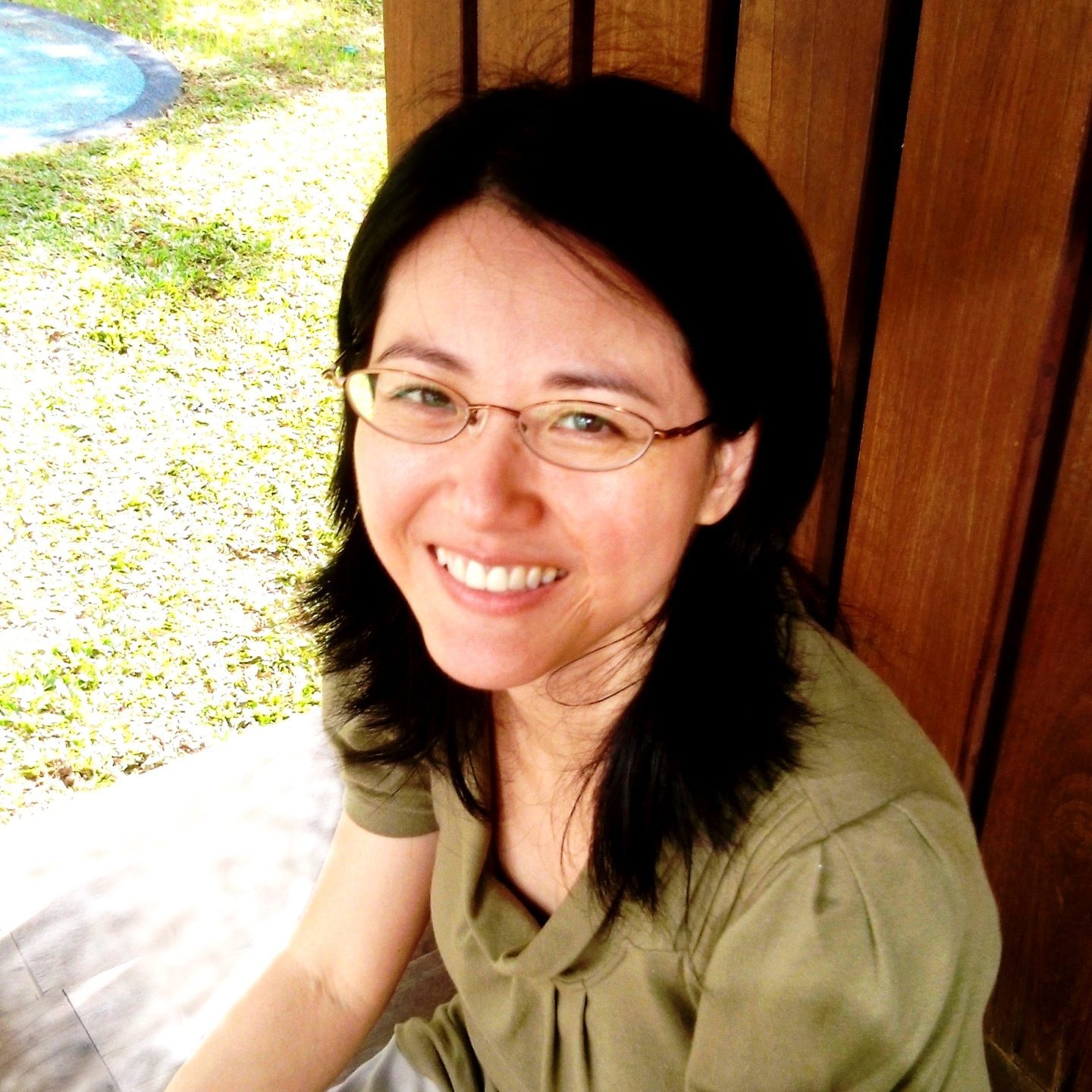
Why pursue graduate studies in Sociology?
The Department of Sociology at NUS has been ranked first in Asia, and among the top 20 in the world. The Department combines the disciplines of Sociology and Anthropology, and graduate students benefit from learning a wide range of theoretical and methodological approaches within both disciplines.
Our programme emphasises both quantitative and qualitative research and represents diverse theoretical traditions. Your graduate school journey will be guided by a professor acting as your dissertation supervisor and academic mentor. The department offers a broad range of research and teaching expertise by our faculty members, all of whom have acquired and honed their research skills at top universities around the world. Our main research areas include: health, ageing, demography, migration, family and kinship, social networks, gender and sexuality, social inequality, race and ethnicity, urbanism, media and popular culture, politics and power.

Graduate Studies Coordinator's Message
Assoc Prof Bussarawan (Puk) Teerawichitchainan
Graduate Studies Chair
Programmes & Curriculum
About the Course
The Master in Social Science (Sociology) programme aims to train students in advanced theoretical application and enhance their research capabilities, so that they are able to initiate, conduct and complete independent exploratory research in new knowledge frontiers. The programme is best suited for returning students who have had a few years of work experience or who are currently working as research assistants.
Course Structure
1. Complete and pass:
- Five (5) modules (at least 75% of the total modular credit (MC) requirements must be at level 5000 or 6000)
- SC5101 Graduate Research Methods
- SC5102 Quantitative Data Analysis OR SC5103 Qualitative Data Analysis
- SC6102 Sociological Theory and Social Reality
- SC5770 Graduate Research Seminar
- Where applicable, obtained a satisfactory grade in the graduate English course at intermediate level
- Thesis
2. Obtain a minimum Cumulative Average Point (CAP) of 3.00.
About the Course
The Sociology/Anthropology PhD programme aims to train students in rigorous critical thinking and equip them to conduct in-depth research using multiple methods to advance the knowledge about society and culture. Graduates of the programme are expected to embark on a lifelong learning journey to keep up to date with sociological/anthropological theory and knowledge, so as to continuously apply themselves to practise sociology/anthropology in their professional or academic lives. Graduates of the programme will abide by the code to produce knowledge for the advancement of human civilisation and the greater good of society.
Course Structure
To successfully graduate with a PhD, students are expected to achieve the following:
1. Complete and pass ten (10) modules, with five (5) compulsory modules
|
PhD in Sociology |
PhD in Anthropology |
|
• SC5101 Graduate Research Methods |
• SC5101 Graduate Research Methods |
|
As part of the remaining five electives, these are the provisions allowed subject to approval: |
|
2. Obtain a minimum Cumulative Average Point (CAP) of 3.50
3. Where applicable, obtain a satisfactory grade in the graduate English course at advanced level
4. Pass a PhD Qualifying Examination
5. Pass an Oral Examination
6. Submit and pass a Thesis
Job Ready
Sociology graduates are in high demand in a variety of occupations that require inquiring, analytical and critical minds. A sociology degree will impart you with the critical intellectual capacity of examining controversial issues from a variety of perspectives. These critical thinking and analytical skills are invaluable in an era of fast paced social change and will be an asset regardless of your chosen career.
Graduates from our Master’s and PhD programmes have found employment in universities, research institutes, government agencies, think-tanks, and business organisations in Singapore and around the world.
Testimonials

Dr Hu Shu
Head, Sociology Programme, School of Humanities and Behavioural Sciences, Singapore University of Social Sciences
PhD in Sociology, '15
I joined the depatment of Sociology at NUS as a PhD student in 2010. The five years have been fulfilling and memorable for me. The scholarship, fieldwork funding, and conference funding have enabled me to concentrate on studying and researching and to attend international conferences and training programme. The NUS Central Library has a fantastic collection of books and a rich subscription to electronic journals, databases, and other resources, which has been extremely helpful to my coursework and research. I have also learnt a lot from the seminars, talks, and conferences organised by the Department of Sociology, Asia Research Institute, Centre for Family and Population Research, and other departments and research institutes of NUS. Daily interactions with my fellow graduate students of various national, ethnic, religious, and cultural origins have broadened my horizons. Some of them have become my closest friends and the time we spent together are and shall remain my fondest memories of NUS graduate student life.
Dr Pildoo Sung
Research Fellow, Centre for Ageing Research and Education, Duke-NUS Medical School
PhD in Sociology, '20
I joined the Department of Sociology in 2015. First of all, my PhD journey would not have been possible without the research scholarship from the National University of Singapore. During the programme, I have learnt in-depth knowledge and skills from introductory and advanced modules from sociology, as well as from the teaching assistant experience. The interdisciplinary courses offered by other departments (psychology, business, communication and new media, and economics), and seminars organised by the Department of Sociology and Centre for Family and Population Research broadened my intellectual capacity. Also, the conference funding allowed me to attend an international conference in Toronto. Last and foremost, guidance from my supervisor and dissertation committee members has been an invaluable asset for my academic career.


Lim Chern Yin
Currently pursuing a PhD (Sociology)
Since 2019 when I embarked on the comprehensive and rigorous programme, I have seen myself grow intellectually and professionally. The rigour and intensity of the programme were daunting in the beginning, especially as I have been away from academic studies for almost twenty years. However, my supervisor, thesis committee, other faculty members, administrative staff and fellow students within and beyond the Sociology department have helped facilitate my graduate journey, providing me sufficient space to think, reflect and work independently while offering me ample guidance, useful resources and kind support along the way. Having access to the rich NUS library resources and opportunities for attending seminars and conferences on a wide range of topics and disciplines has also been a valuable part of my graduate journey. Although the path ahead remains challenging, the PhD Sociology programme has also become, for me, an enriching and fulfilling process of accumulating diverse knowledges, perspectives and methodologies, of learning the ropes of the academia, and of critically reflecting on experiences and observations in life and work through a sociological lens.
The Faculty of Arts and Social Sciences, National University of Singapore (NUS) is committed to environmental sustainability.
This e-brochure is part of our sustained effort to reduce waste and foster a culture of care for the environment among the NUS and broader community.

